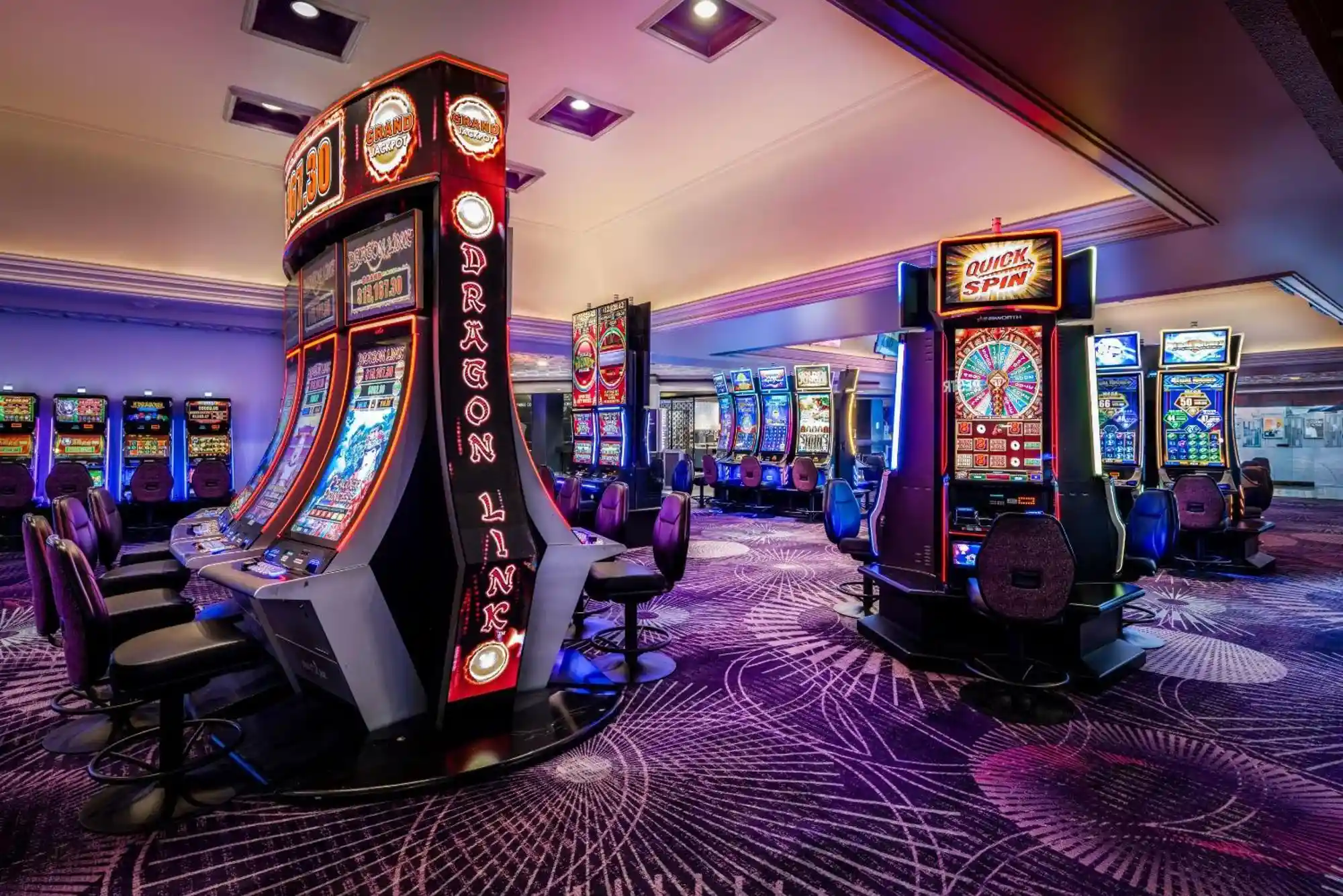Players with Autism, Depression, and Anxiety: How Do Casinos Adapt to New Audiences?
The casino industry is continuously evolving to meet the needs of diverse audiences, including players with autism, depression, and anxiety. Platforms like casino-nomini.gr are increasingly sensitive to these players’ unique experiences, implementing thoughtful adaptations to create inclusive, comfortable, and safe environments. This article provides an expert exploration into how casinos are proactively responding to these emerging audience segments.
Understanding the New Casino Audience
Traditionally, casinos catered broadly without detailed consideration of psychological diversity. Today, the industry recognizes the importance of inclusivity, actively addressing the distinct experiences of neurodiverse and psychologically diverse individuals.
Why Inclusivity Matters
Inclusivity is more than ethical; it enhances player satisfaction, reduces potential harm, and creates safer gambling environments. Casinos are increasingly investing in training, awareness programs, and accessible design to foster inclusivity.
Adapting for Players with Autism
Players with autism spectrum disorders (ASD) often experience sensory sensitivities, social interaction challenges, and a preference for routine. Casinos now adapt by modifying sensory experiences, reducing environmental stressors, and ensuring clear communication.
Reducing Sensory Overload
Casinos typically employ bright lights, loud sounds, and complex visuals to attract and engage players. For players with autism, these stimuli can become overwhelming. Many modern casinos now feature “quiet zones,” areas with reduced lighting and sound, offering sensory relief.
Clearer Communication and Guidance
Casinos provide clearly structured guidance through signage and digital interfaces to minimize confusion and anxiety for autistic players. Simplified, predictable layouts help players navigate spaces comfortably and confidently.
Supporting Players with Depression
Players dealing with depression may seek gambling as an escape or coping mechanism, potentially leading to harmful gambling behaviors. Casinos acknowledge this risk, incorporating responsible gaming practices to mitigate harm.
Responsible Gaming Tools
Casino platforms have implemented responsible gaming tools such as deposit limits, loss limits, session time limits, and self-exclusion options. These tools help players manage their gambling behavior, reducing stress and fostering healthy habits.
Mental Health Awareness Initiatives
Casinos partner with mental health organizations, providing resources, hotlines, and immediate support for players experiencing mental distress. This proactive approach signals commitment to player wellbeing, reducing stigma associated with mental health issues.
Addressing Anxiety in Casino Settings
Anxiety disorders are prevalent and can significantly impact a player’s experience, leading to discomfort, panic, or compulsive behaviors. Casinos now design their environments and services with anxiety in mind, promoting comfort and control.
Creating Calm Environments
Casinos increasingly feature areas specifically designed to alleviate anxiety. These areas offer comfortable seating, subdued lighting, calming music, and fewer visual distractions. Online casinos also employ simple, clean interfaces and easy navigation to minimize anxiety.
Personalized Support and Customer Service
Highly trained casino staff and specialized customer support teams offer personalized assistance for anxious players, ensuring sensitive and responsive interactions. This training emphasizes understanding, patience, and clear communication, significantly improving players’ experiences.
The Role of Technology in Inclusivity
Technological advancements allow casinos to offer personalized experiences, tailor-made for diverse needs.
AI and Machine Learning
AI-powered systems analyze player behaviors to identify those at risk of anxiety, depression, or problematic gambling patterns. Prompt interventions and supportive resources can be automatically triggered, enhancing proactive player care.
Virtual Reality (VR) and Accessibility
VR casinos offer controlled, customizable environments ideal for neurodiverse players. Users can adjust sensory inputs, creating personalized gambling spaces that optimize comfort and reduce anxiety or sensory overload.
Training Staff for Inclusivity and Sensitivity
Staff training programs now explicitly include modules on understanding and assisting players with autism, anxiety, and depression. This training equips employees to recognize and respectfully respond to diverse player needs, ensuring respectful and effective communication.
Empathy-Driven Service
Casinos promote empathy-driven interactions, encouraging staff to understand gambling from the player’s perspective. This sensitivity creates more positive, supportive, and inclusive casino environments.
Inclusive Casino Marketing
Marketing strategies now emphasize responsible gaming, mental health awareness, and inclusivity. Promotional campaigns highlight available supportive resources, reinforcing casinos’ commitment to player wellbeing.
Future Directions and Innovations
The future of inclusive gambling includes further innovations and deeper integration of technology, psychology, and responsible gaming practices. Continuous improvement based on player feedback ensures ongoing adaptation to new audience needs.
Continued Research and Collaboration
Collaboration with mental health professionals, autism advocacy groups, and anxiety awareness organizations will further enhance casino adaptations, making gambling safer and more enjoyable for everyone.
Conclusion: Creating Inclusive Gambling Experiences
Casinos are actively reshaping the gambling landscape to welcome and support players with autism, depression, and anxiety. Through mindful design, supportive resources, and advanced technologies, the casino industry is evolving towards more inclusive, compassionate, and responsible gaming environments.

